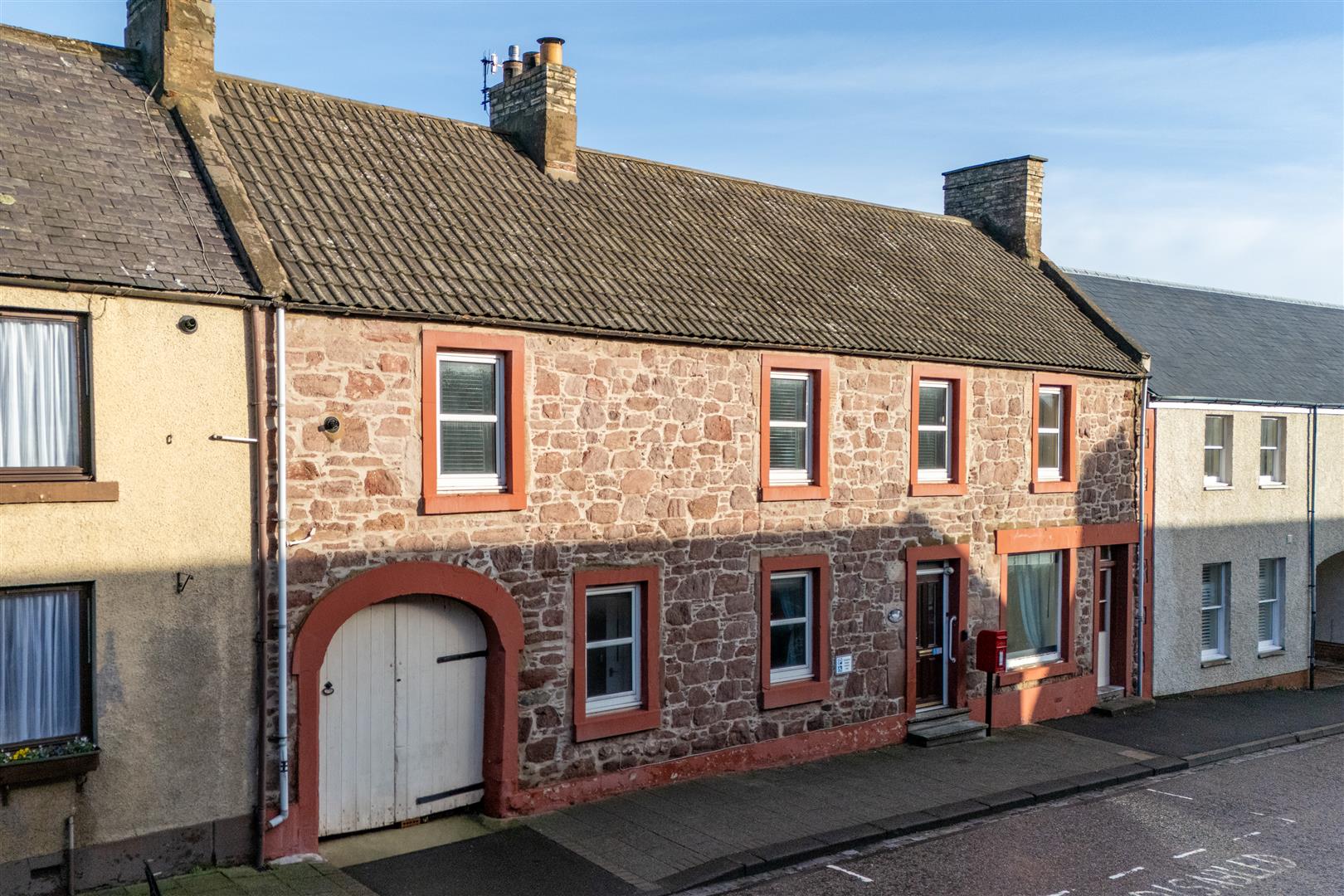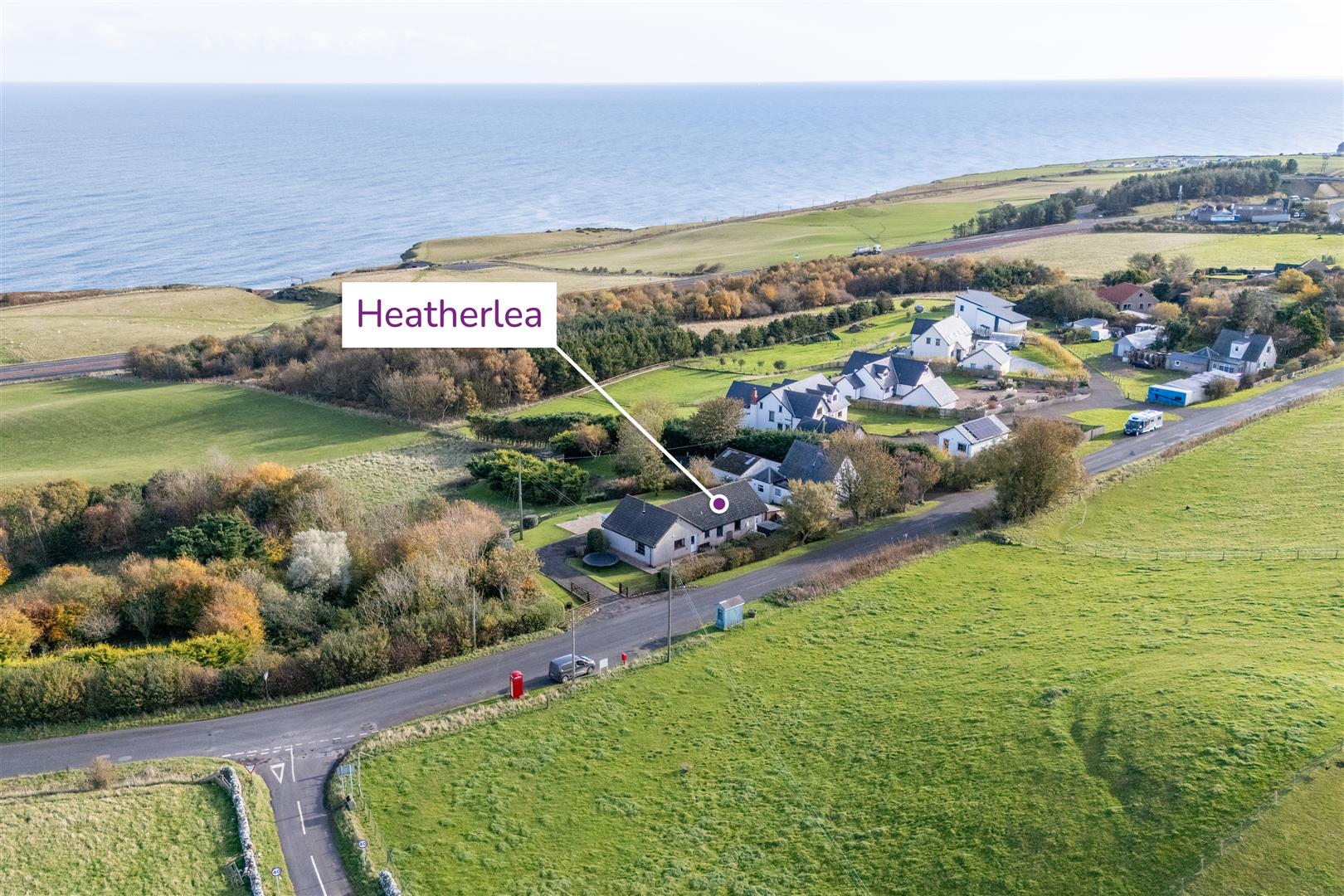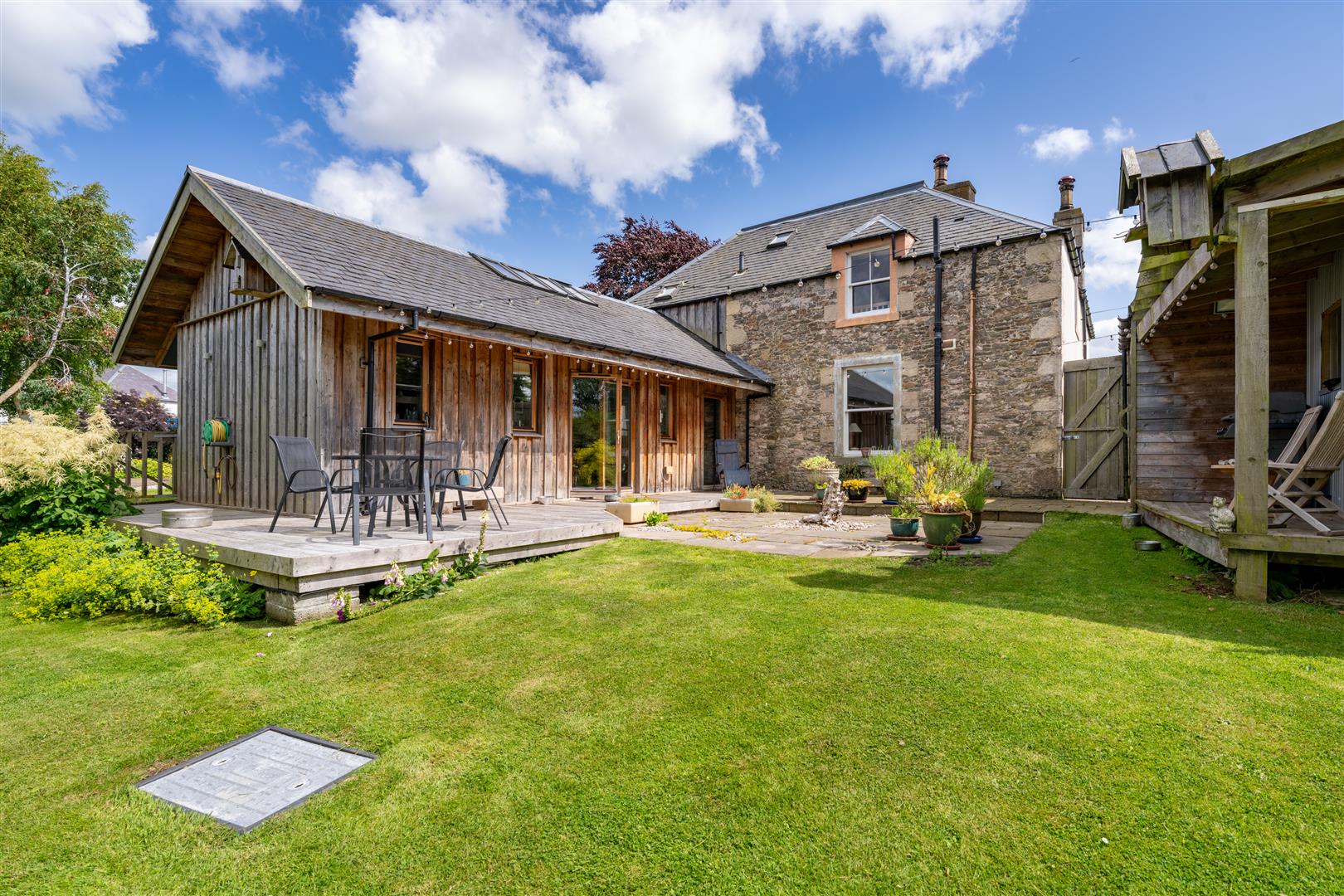It seems we can’t find what you’re looking for.
Featured Property
4 Greystonelees Steading,, Eyemouth
- Beds: 5
- Receptions: 2
- Baths: 3
12 High Street, Ayton, TD14
- Beds: 5
- Receptions: 2
- Baths: 2
Orchard Brae, Friars, Jedburgh, TD8
- Beds: 3
- Receptions: 2
- Baths: 2
Southbank, High Street, Ayton, TD14
- Beds: 4
- Receptions: 3
- Baths: 2
Arnish, Oxnam Green, Jedburgh TD8
- Beds: 4
- Receptions: 2
- Baths: 2
Heatherlea, 16A Lamberton Holdings, Berwick-Upon-Tweed
- Beds: 4
- Receptions: 2
- Baths: 2
- Offers Over £410,000
Heatherlea, 16A Lamberton Holdings, Berwick-Upon-Tweed
- Beds: 4
- Receptions: 2
- Baths: 2
Dunera, Lilliesleaf, Melrose, TD6
- Beds: 5
- Receptions: 3
- Baths: 3
Teasel Bank, Sprouston
- Beds: 4
- Receptions: 2
- Baths: 3
Glebe House, Hownam, Kelso TD5
- Beds: 4
- Receptions: 3
- Baths: 2









